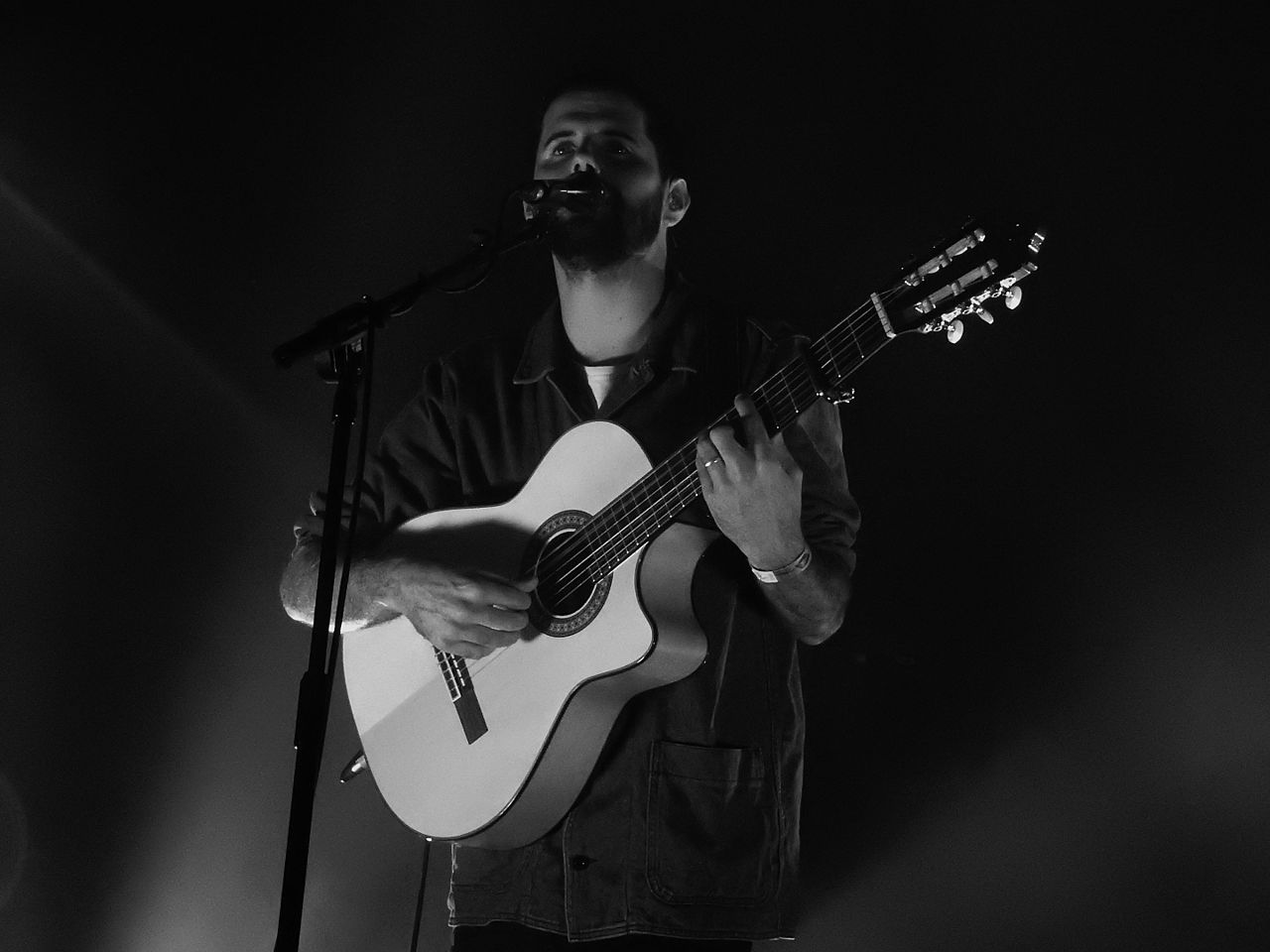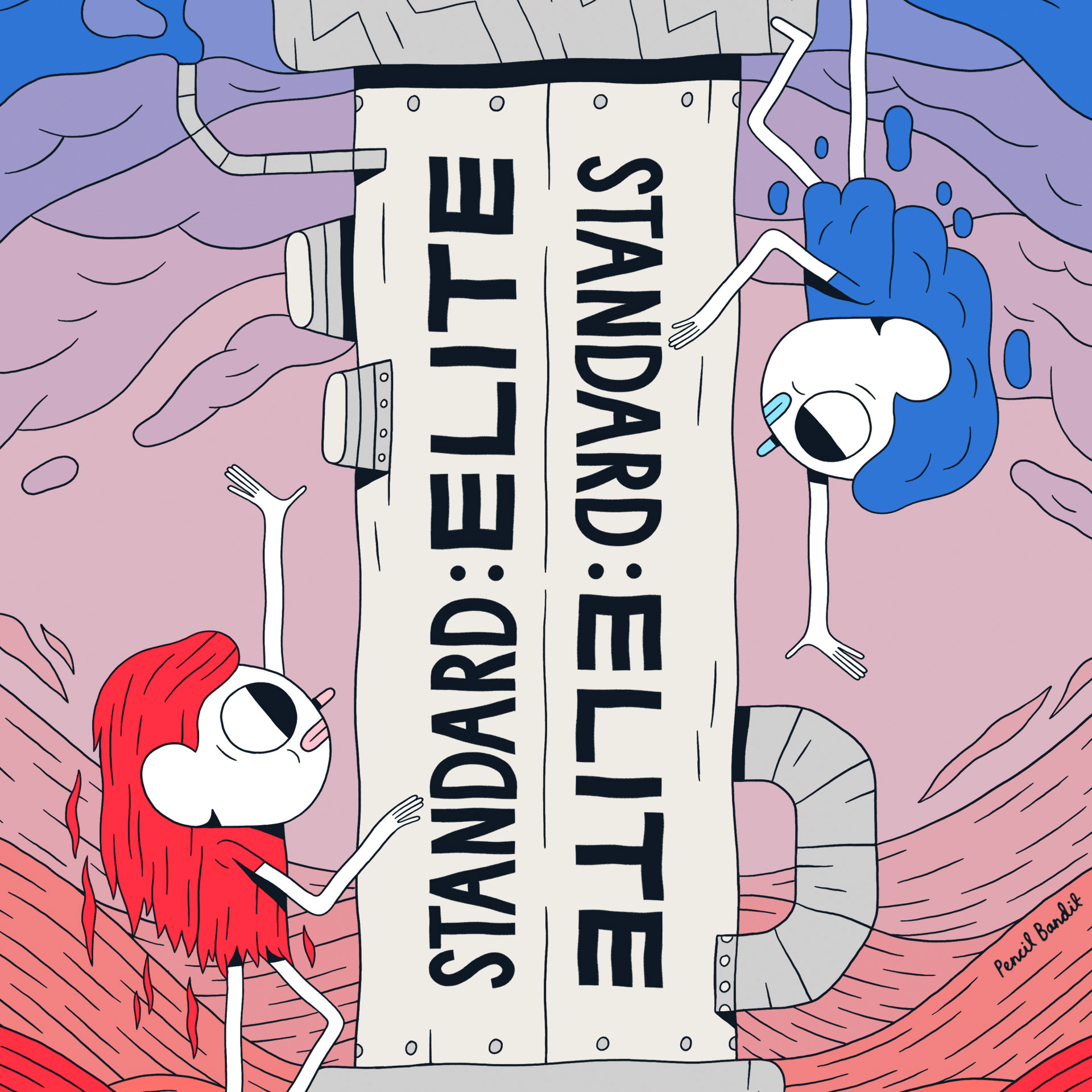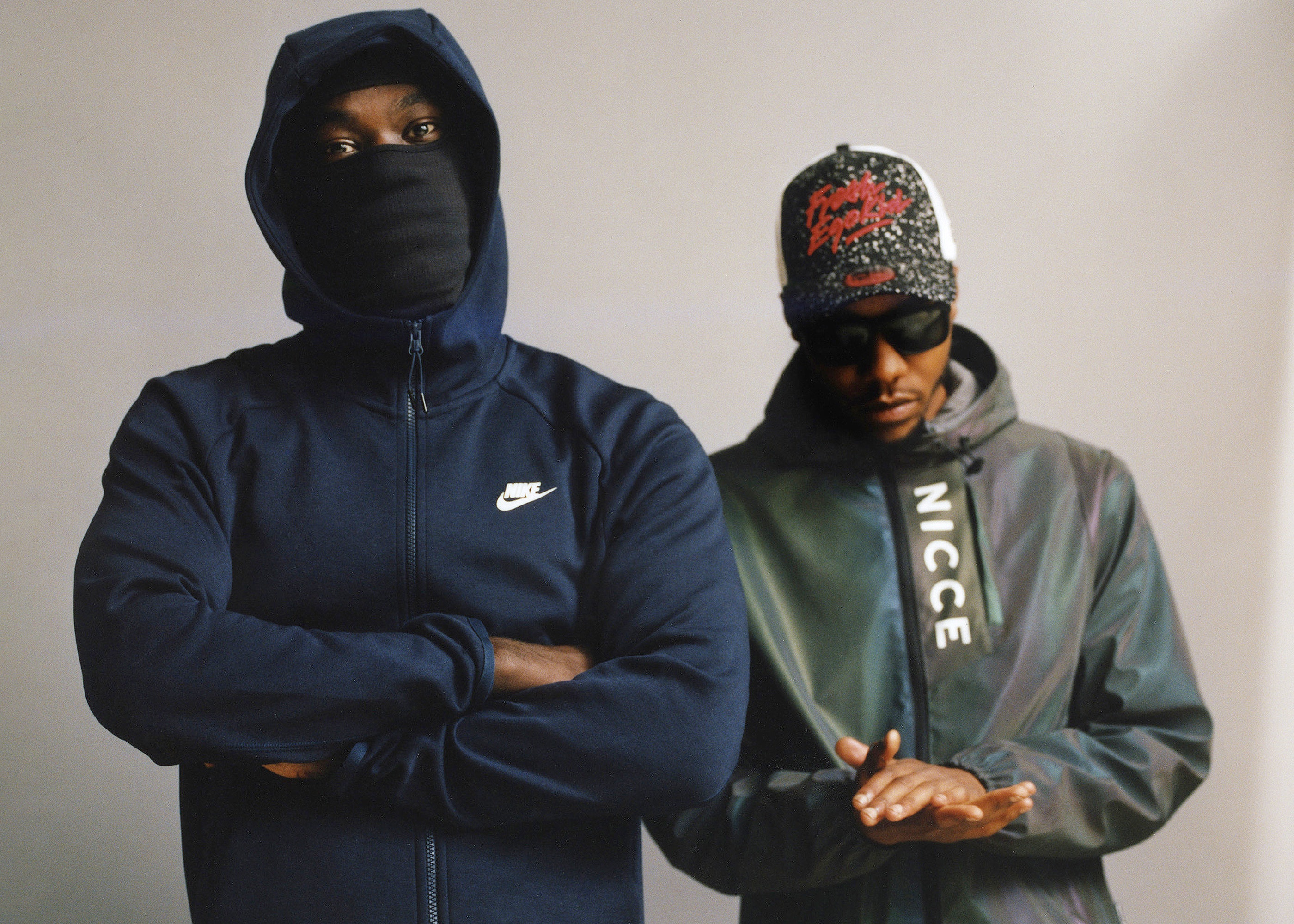It’s Thursday night, and me and a couple of hundred others are spending our evening watching the closing night of Nick Mulvey’s Wake Up Now tour at the De La Warr Pavilion in Bex Hill.
The crowd is mostly composed of young couples who seem to be using Mulvey’s lyricism to prop themselves up with, the De La Warr Pavillion providing an unlikely backdrop for young lovers to fall in love to or to remember a love that was once felt with more intensity.
The audience seems to be caught in a strange middle ground- both subdued and at times highly moved.
The demographic is largely late 20’s, largely white, largely middle class, Mulvey standing as a kind of emblem or figurehead for the group’s shared desires, with his slightly cliqued soul-searching persona.
This along with the t-shirt of right-hand man Federico Bruno, which has “chose love” printed across it, jars slightly, although not enough to override the moving poeticism of the prevailing set.
A master of words and melodies, Mulvey has an uncanny ability to evoke emotion, breaking down the barrier between artist and audience.
In one particularly poignant moment, the band are sent off stage and Mulvey enacts a strange kind of intimacy, in which he quietly sings “cucurucu” lulling the audience into a harmonious, almost sublime state. With the lights dimmed, he becomes illuminated in a solitary triangle of yellow as he chants with the audience in dulcet tones.
An eerie, almost timeless moment, with the crowd thrown into darkness; Mulvey appears to almost be singing into an abyss.
Mulvey has spoken of his wish to tackle global conflicts with Wake up Now, and there is definitely a strangely confessional tone to the set, which ends with “A Mountain to Move”, and it’s open-ended question “I see this world is unravelling, I wonder who could we be”.
Having moved from London to an artist’s community in Wiltshire at the beginning of 2016, Mulvey is part of a generation of millennials who are beginning to disassociate with the society around them and look for answers within.
Wake Up Now is a symptom of this as well as a solution, in his own words: “for me, it’s about daily practices that support you indwelling in the peace and wisdom that you have inside. It’s about stillness. A lot of this album is about self-inquiry and self-abidance -learning to dwell within your being.”
With society in a period of intense change, we are forced to reconfigure the way we perceive the world around us.
The album mirrors this context, with affirmations such as “it’s not over now” (“Imogen”) and “nothing is lost, and no one is saved- we remain” (“Transform Your Game”).
In such unstable times, Mulvey reminds us to look within ourselves for contentment and hope, the overarching message of the gig striking me as a declaration of our power as both individuals and communities.
Naturally, there is a slight gulf between Mulvey’s intent and the audience’s reaction, as although the music enchants us into a kind of emphatic stupor, the atmosphere remains very much in the box, providing only a momentary release from the everyday demands of modern life.
At times I think a more accurate name for his tour would be “Wake up Now and then go back to bed and do it all again tomorrow” but then again that wouldn’t have quite the same ring to it.
Jazz Farndon





